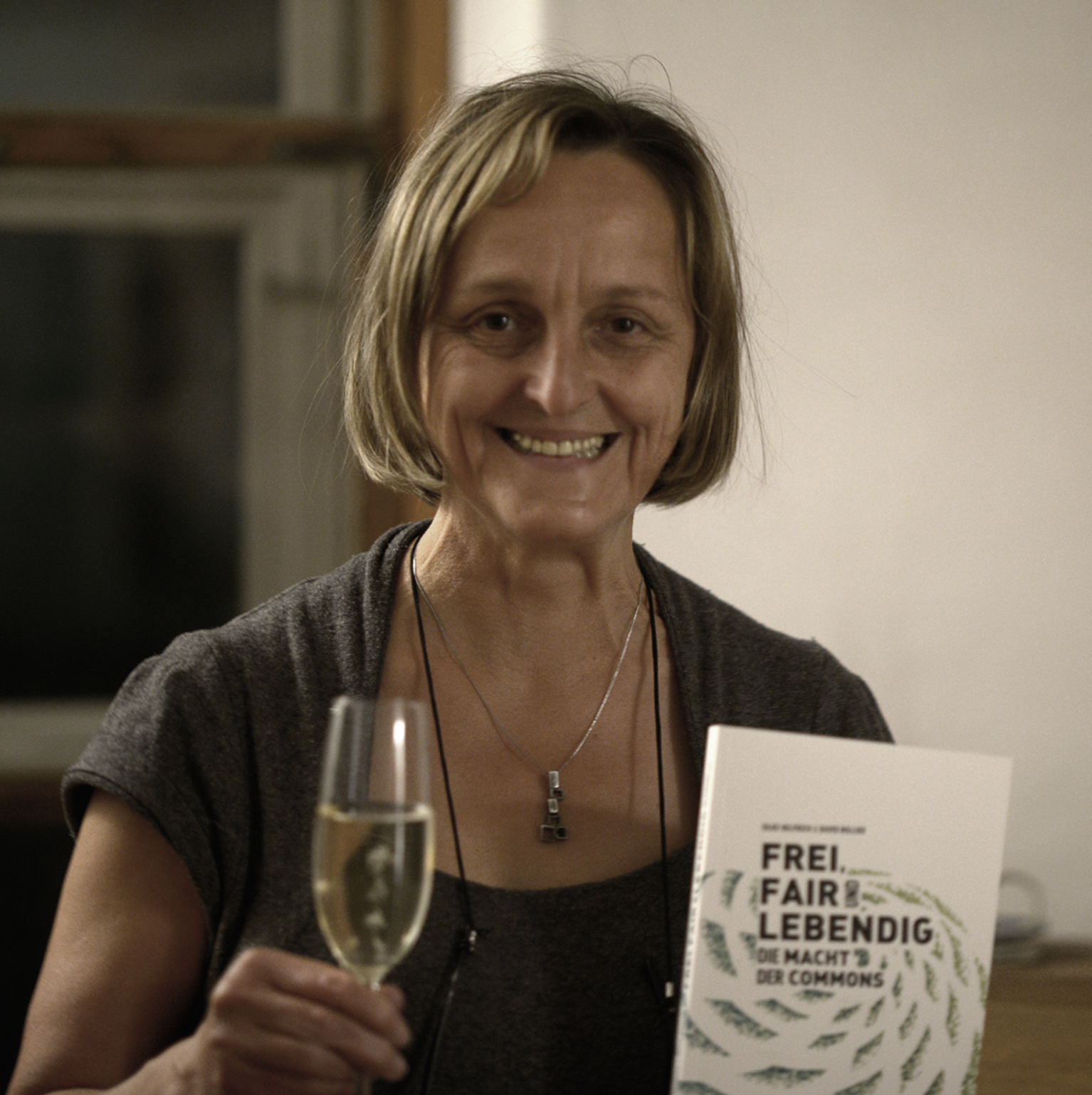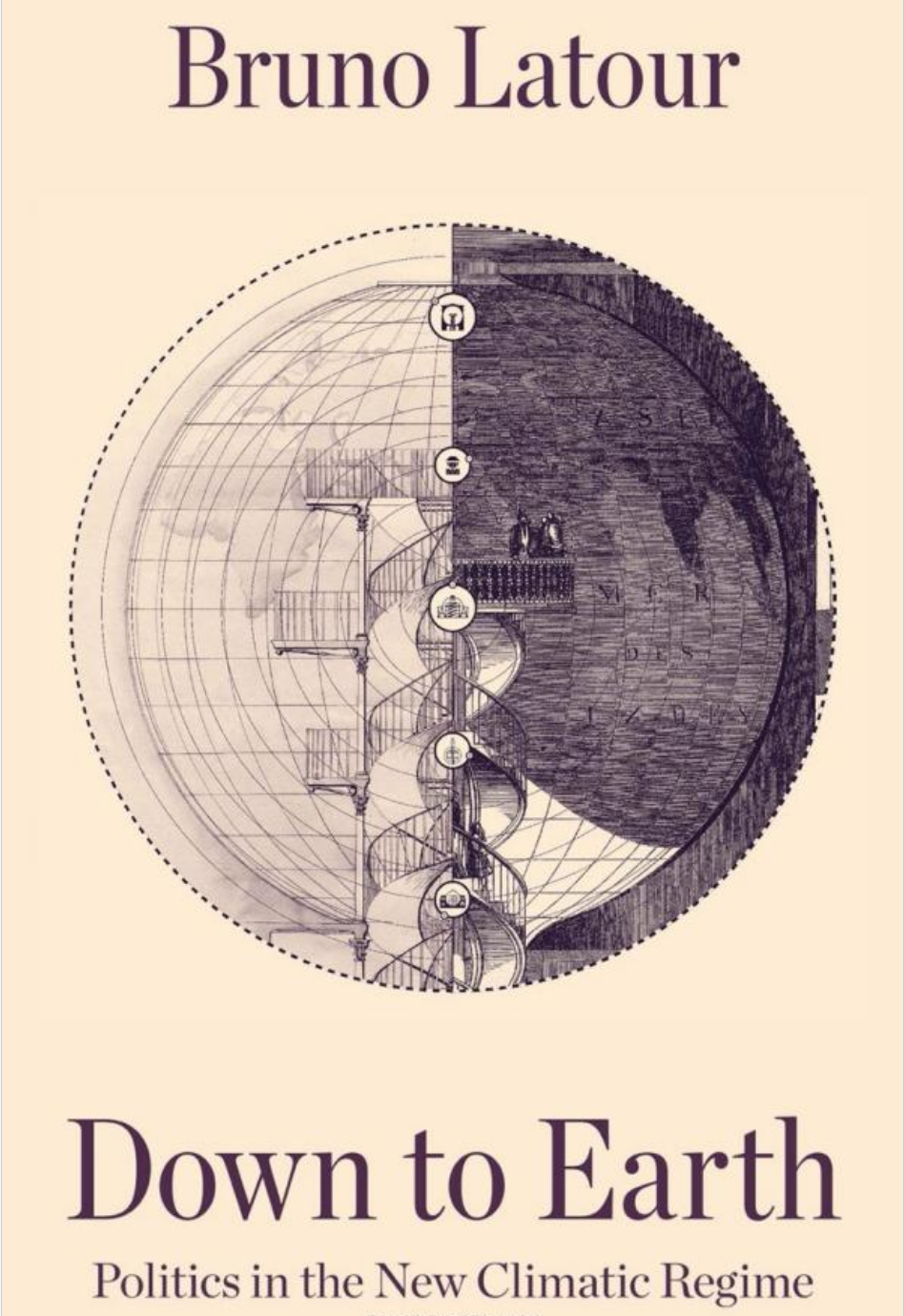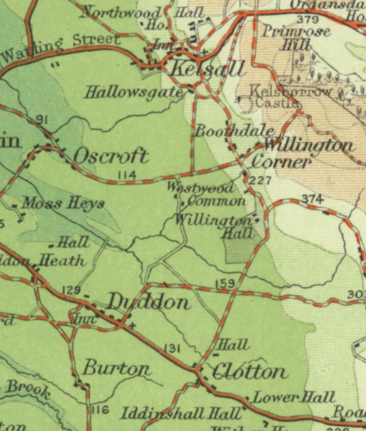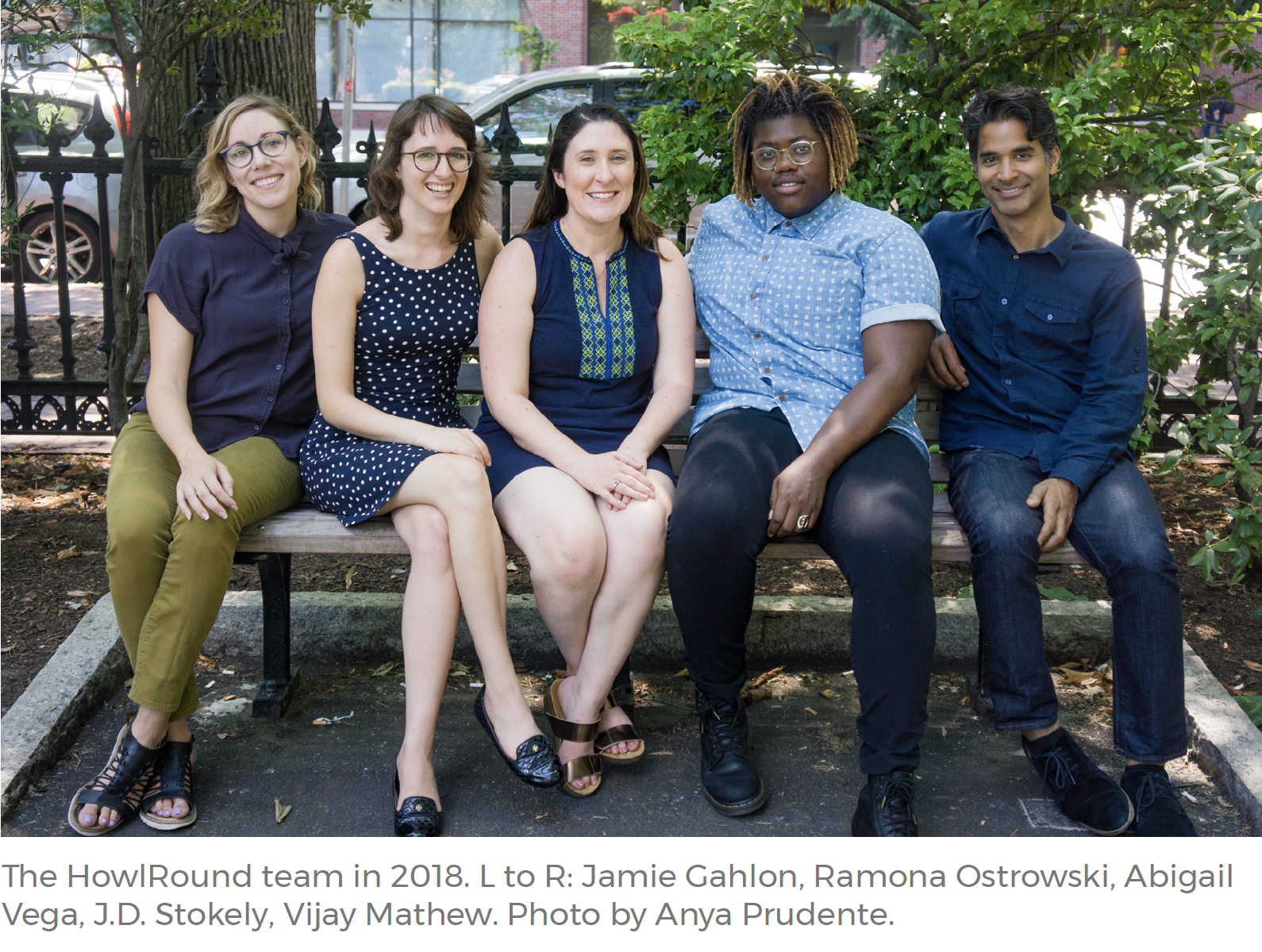The German Edition of Our Book -- Frei, Fair und Lebendig -- is Launched!
This Friday marks a special date for me – the release of the German version of my new book with Silke Helfrich -- Frei, Fair und Lebendig: Die Macht der Commons -- published by transcript Verlag. The English version -- Free, Fair and Alive: The Insurgent Power of the Commons – will be published in September by New Society Publishers.
On April 12, the Heinrich Böll Foundation in Berlin, which sponsored the writing of our book, will be hosting a public event to launch the book. Silke will be there, of course, and after speaking she will have a conversation with the prominent German sociologist and political scientist Hartmut Rosa; Robert Habeck, the Federal Chairman of Alliance ’90/The Greens; and Elisabeth von Thadden, editor of DIE ZEIT.
There will be a livestream of the event at 19:30 CET. A 96-second trailer about the German edition of the book can be found here.
We have been working on this book for much of the past three years, so I am thrilled by its completion (from which I am still recovering). Let me hoist a transatlantic toast to my dear friend for her brilliant ideas, warm collegiality, and sheer persistence throughout this odyssey.

I will offer a longer introduction to the book as the release of the English edition draws closer. For now, let me just say that our book is an ambitious attempt to build on Elinor Ostrom’s work by providing a deeper understanding of the commons as a living social organism. Our new framework – the Triad of Commoning -- focuses on the commons in three interrelated aspects – the social, the political (peer governance), and the economic (provisioning). We also look at how one’s view of elemental reality shapes one’s sense of political possibility, and how language plays a critical role in making commoning visible.
This approach emerged after months of working on our book. Silke and I concluded that we just couldn’t convey the realities of commoning if we remained captive to the rational-actor, resource-focused framework used by so many economists. Much of that language points us in the wrong direction by downplaying or ignoring the social, personal, and ecological relationships that live at the heart of a commons.










Recent comments